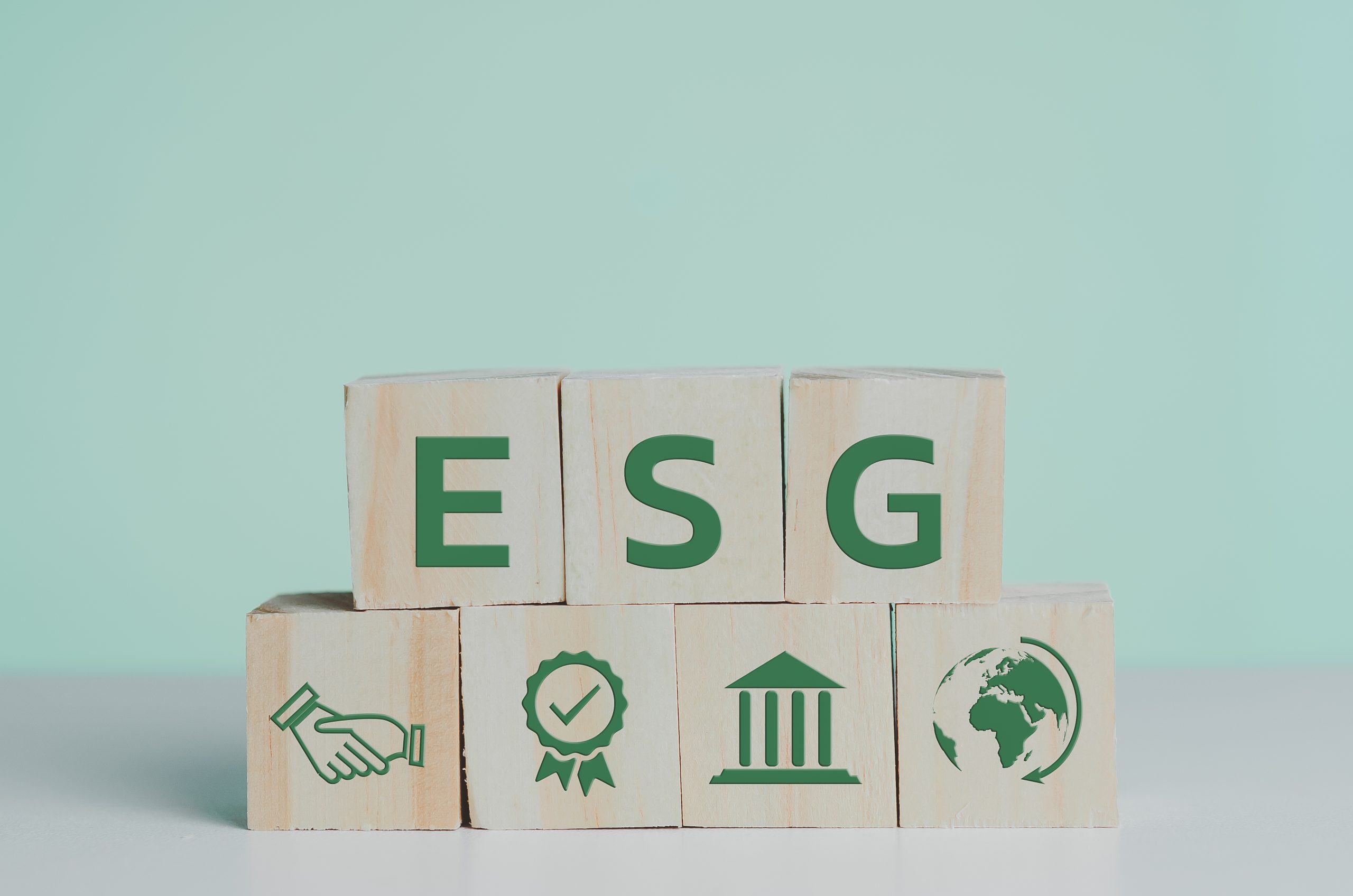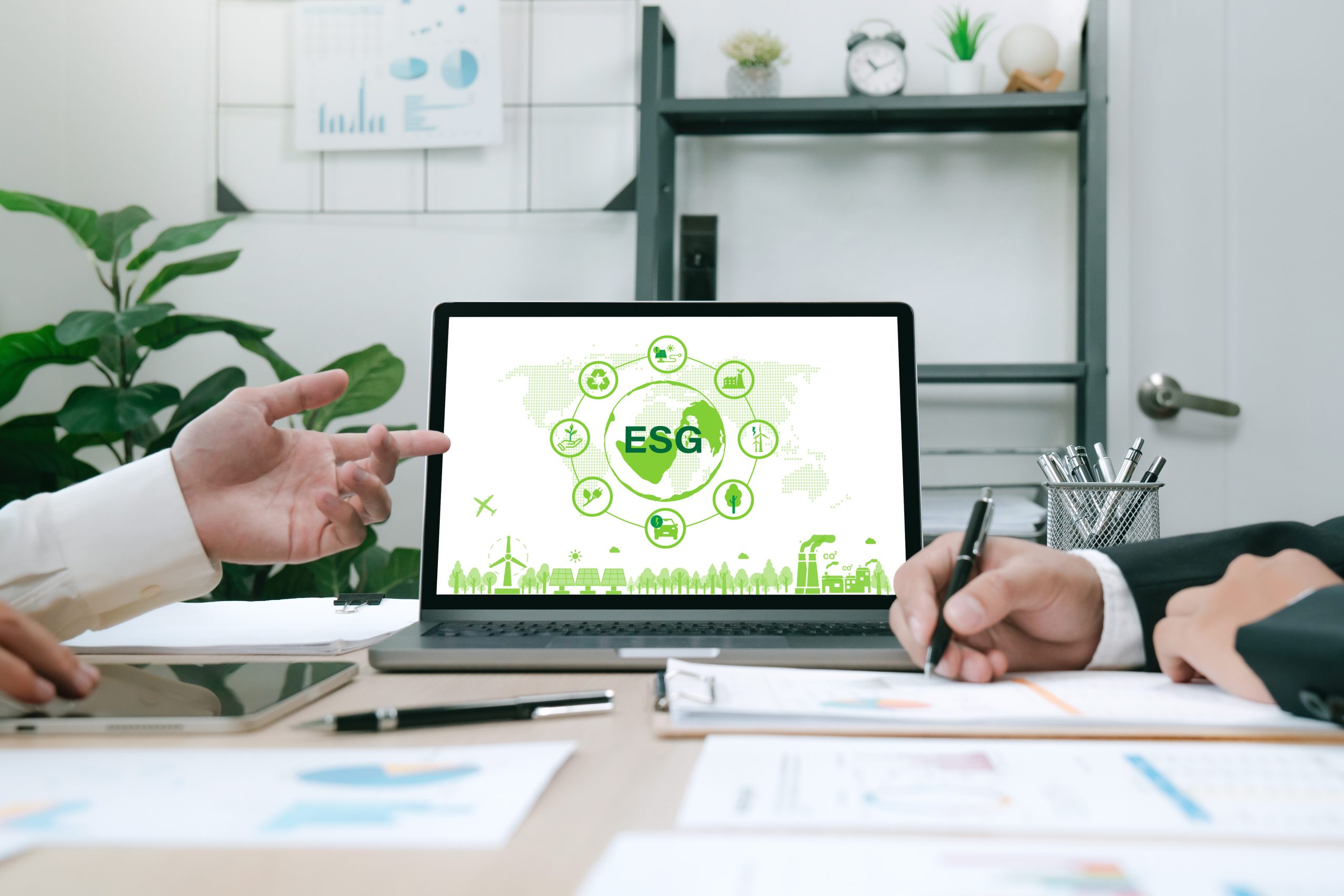Why is ESG Compliance Important for Companies in Singapore?
Singapore is widely recognised for its business-friendly environment and commitment to free market principles. However, it also upholds a rigorous regulatory framework that demands high standards.
As global awareness and the number of legislations concerning environmental, social, and governance (ESG) issues rise, ESG compliance becomes increasingly critical for companies headquartered in Singapore and those looking to incorporate here.
What is ESG?
ESG stands for Environmental, Social, and Governance—a set of standards used to measure a company’s sustainability and ethical impact.
The Environmental aspect assesses how a company’s operations affect the natural environment, focusing on energy use, waste management, and pollution reduction. Meanwhile, the Social component evaluates relationships with employees, suppliers, customers, and communities, emphasising ethical interactions and social responsibility. Additionally, Governance examines management practices, including leadership ethics, executive pay, audit processes, and shareholder rights.
For a company to be considered ESG compliant, it must effectively manage all these areas.
The Impact of ESG on Corporate Reputation
Embracing ESG practices enhances a company’s corporate reputation by aligning with the increasing consumer and investor expectations for ethical behaviour and sustainability.
Consumers today are more informed and concerned about the environmental and social impacts of their purchases, thus favouring companies that demonstrate transparency and commitment to ESG principles. Similarly, investors are increasingly prioritising ESG compliance, viewing it as indicative of risk management and long-term financial stability.
An example is Singapore Telecommunications Limited (Singtel), a leading company ranked among the top 100 ESG companies globally by ESG Book.
This success stems from numerous strategic initiatives, including their commitment to sustainable practices. For instance, one key aspect of their ESG strategy is the implementation of green data centres, which not only improve energy efficiency but also comply with the SS 564-1:2020 Singapore green data centre standard.
This compliance has significantly boosted their operational efficiency and sustainability credentials, contributing to their status as the fourth largest company in Singapore by market capitalisation as of 2024.
Financial Grants and Incentives for ESG Compliance
To help companies stay consistent with ESG compliance, the Singapore government offers various grants and incentives, including:
- Energy Efficiency Fund: Offers up to 70% funding for adopting energy-efficient technologies and practices in manufacturing. To qualify, companies must have an annual group sales turnover of no more than S$500 million.
- 3R Fund: Provides up to 80% co-funding, capped at S$1 million, for projects aimed at reducing waste through recycling and minimisation efforts.
- Enterprise Financing Scheme – Green: Facilitates loans for projects that reduce waste and emissions, with extensive financial support for the development, purchasing, and implementation of green solutions. Applicant companies require at least 30% local equity held by a Singaporean or a Singaporean permanent resident.
- Green Mark Incentive Schemes: Awards cash incentives or bonuses for adopting eco-friendly building technologies and designs, aiding energy performance enhancements.
- Sustainability Reporting Grant: Covers up to 30% of costs, capped at S$150,000, for large companies (with an annual revenue of over S$100 million) preparing their first sustainability reports.
- Enterprise Sustainability Programme: Enhances capabilities of Singaporean businesses, especially SMEs, by offering training and support for developing sustainable products and services.
New Mandates for ESG Compliance in Singapore
As environmental and social concerns continue to capture the attention of both consumers and investors, Singapore is enforcing stricter regulations to ensure companies maintain high standards of ESG compliance.
From the financial year 2025, all listed companies in Singapore must report Scope 1 and Scope 2 emissions, which cover direct and indirect emissions from consumed energy.
In 2026, these firms will also need to report Scope 3 emissions, capturing all other indirect emissions in their value chain.
By 2027, this requirement will expand to include large non-listed companies with at least S$1 billion in revenues and S$500 million in assets.
These regulatory steps are in alignment with international standards set by the International Sustainability Standards Board (ISSB) to enhance transparency and accountability in corporate environmental impact.
Navigate Singapore’s Regulatory Landscape with Segovia
As companies prepare to incorporate or expand in Singapore, navigating the stringent regulatory environment becomes crucial for sustainable growth and legal adherence. To ensure streamlined compliance, consider partnering with Segovia.
We provide comprehensive assistance with ESG compliance through our professional network and secretarial services in Singapore. Our knowledgeable corporate secretaries will act as an extension of yours, expertly navigating and managing compliance requirements to ensure your business aligns with local regulations.
Beyond ESG compliance, we also offer directorship services in Singapore for offshore companies to meet the Companies Act requirement of having a local resident director represent the company and oversee its governance.
Contact Segovia today for expert compliance and governance support across all regulatory and operational aspects.


